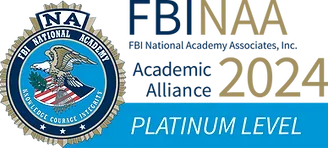Domestic Students
Completion of an AQF Level 7 or above higher education qualification (or equivalent) in any discipline and at least two years relevant industry experience.
International Students
Completion of an AQF Level 7 or above higher education qualification (or equivalent) in any discipline and at least two years relevant industry experience. International student applicants whose entry qualifications were obtained in an institution where English is not the language of instruction normally require an International English Language Testing Service (IELTS) of 6.5, with a score of not less than 6.0 in any of the four skill areas, or equivalent.
Note:: International students must hold a valid student visa. There are numerous conditions that apply to a student visa. In particular, a holder of a student visa may not work, paid or unpaid, for more than 40 hours in any fortnight during semester time. Current information on student visa conditions may be found at https://homeaffairs.gov.au/Trav/stud/more/Visa-conditions/visa-conditions-students
Special or Alternative Admission Arrangements
Special admission pathways are also open for educationally disadvantaged applicants and for Aboriginal and Torres Strait Islander people. These applicants will be assessed on a case-by-case basis with Recognition of Prior Learning, professional accreditations and the provision of a portfolio of work for entry to micro credential and single units.
Credit and Recognition of Prior Learning (RPL):
Credit for previous learning may be obtained through the processes of articulation, credit transfer and recognition of prior learning or a combination of these processes. Requests for credit for previous study or RPL should be submitted with the Application Form. Students who have successfully completed accredited study or courses at recognised tertiary institutions may apply for a Transfer of Credit. A certified copy of an official transcript detailing studies undertaken must be submitted with the Credit Transfer and RPL Application Form. RPL from life and work experience will also be considered upon request. For more information, please see the Cross Credit and Recognition of Prior Learning Policy.















